German Chancellor Olaf Scholz said his government would do its best to support Bangladesh in its transition to democracy.
The German Chancellor made the comments when he met Bangladesh Chief Adviser Professor Muhammad Yunus on the sideline of the World Economic Forum meeting in the Swiss city of Davos.
"You can be rest assured that we will support you," Olaf Scholz told Professor Yunus just as the Chief Adviser briefed him on the reform agenda of the Interil Government.
The Chief Adviser said he was leading a consensus commission in an effort to facilitate consensus building among the political parties on major reform reports submitted by six commissions.
He said after the consensus is reached, the political parties will sign a July Charter that will uphold the democratic spirits of the student-led uprising in July and August.
The two leaders spoke about a wide range of issues, including the circumstances that led to the July uprising, Bangladesh`s relationship with its neighbours, the Rohingya crisis, and the security situation in Myanmar.
The Chief Adviser explained to the German chancellor how young people joined the July uprising to bring an end to years of misrule in Bangladesh.
A student as young as 12 years old wrote a letter to his mother before joining the uprising and embraced martyrdom, the Chief Adviser told Scholz.
Professor Yunus called for greater business links between the two nations and urged him to send a team of German businessmen to Dhaka to explore business opportunities in Bangladesh.
The Chief Adviser has invited more German investment in Bangladesh. "We can be your factory," he said.
He said that Bangladesh still holds the idea of SAARC and would continue its endeavour to revive the platform.
He also explained to the German chancellor how hydroelectric power from Nepal can benefit multiple South Asian countries, helping all in their transition to renewable energy.
He also sought Scholz`s support in creating a safe zone for Rohingyas in Myanmar`s Rakhine State under the supervision of the United Nations.


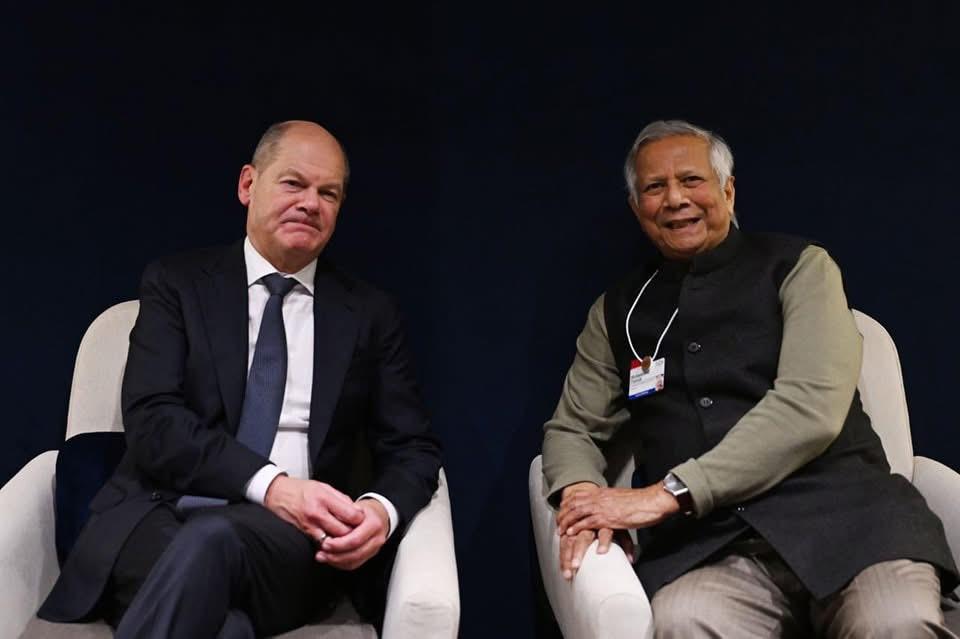
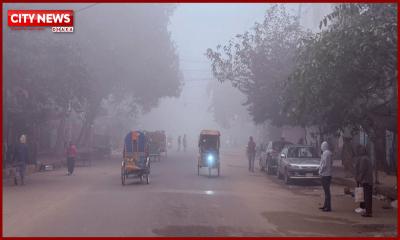

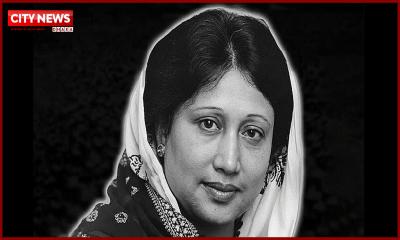
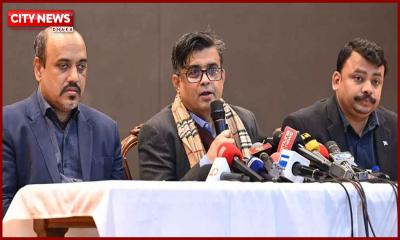
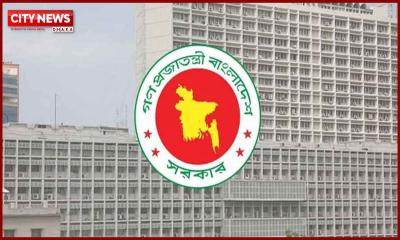
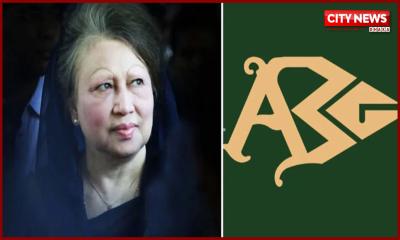
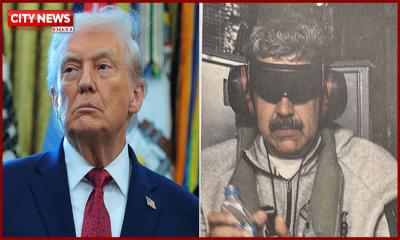

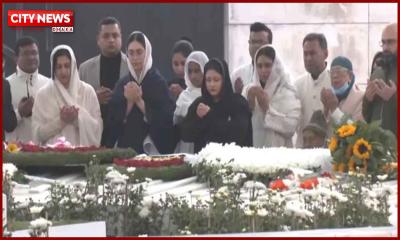
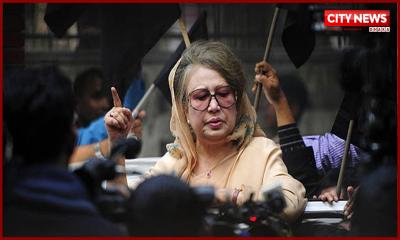
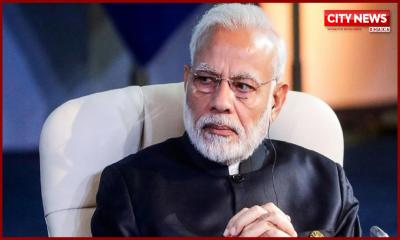
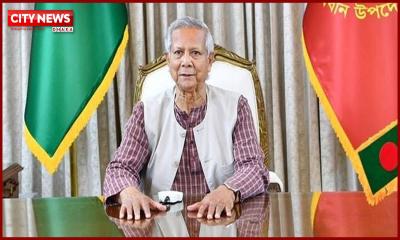
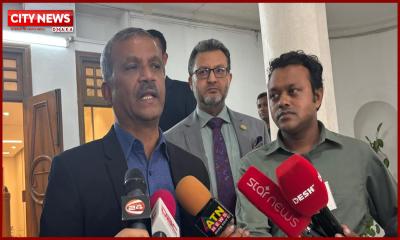
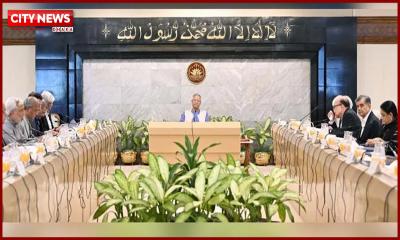
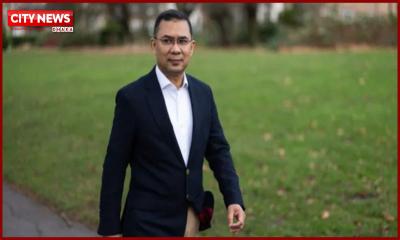
Comment :